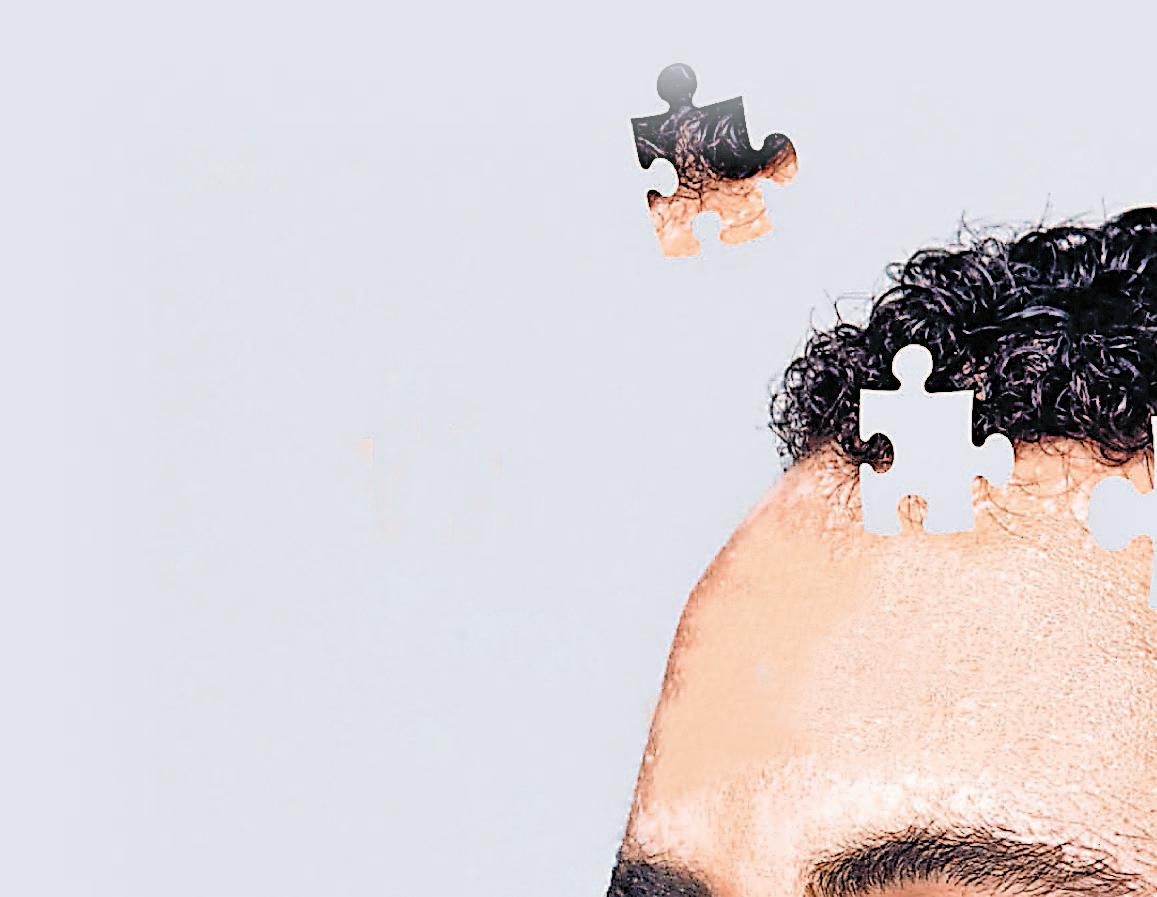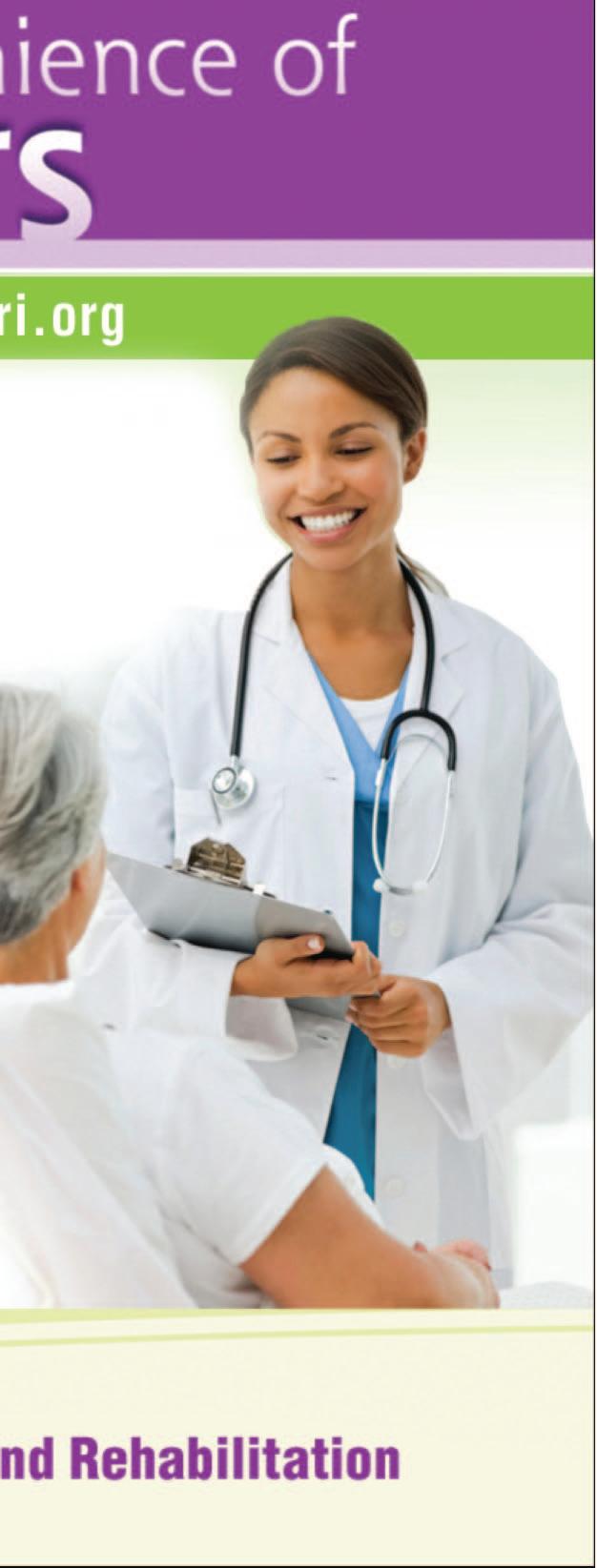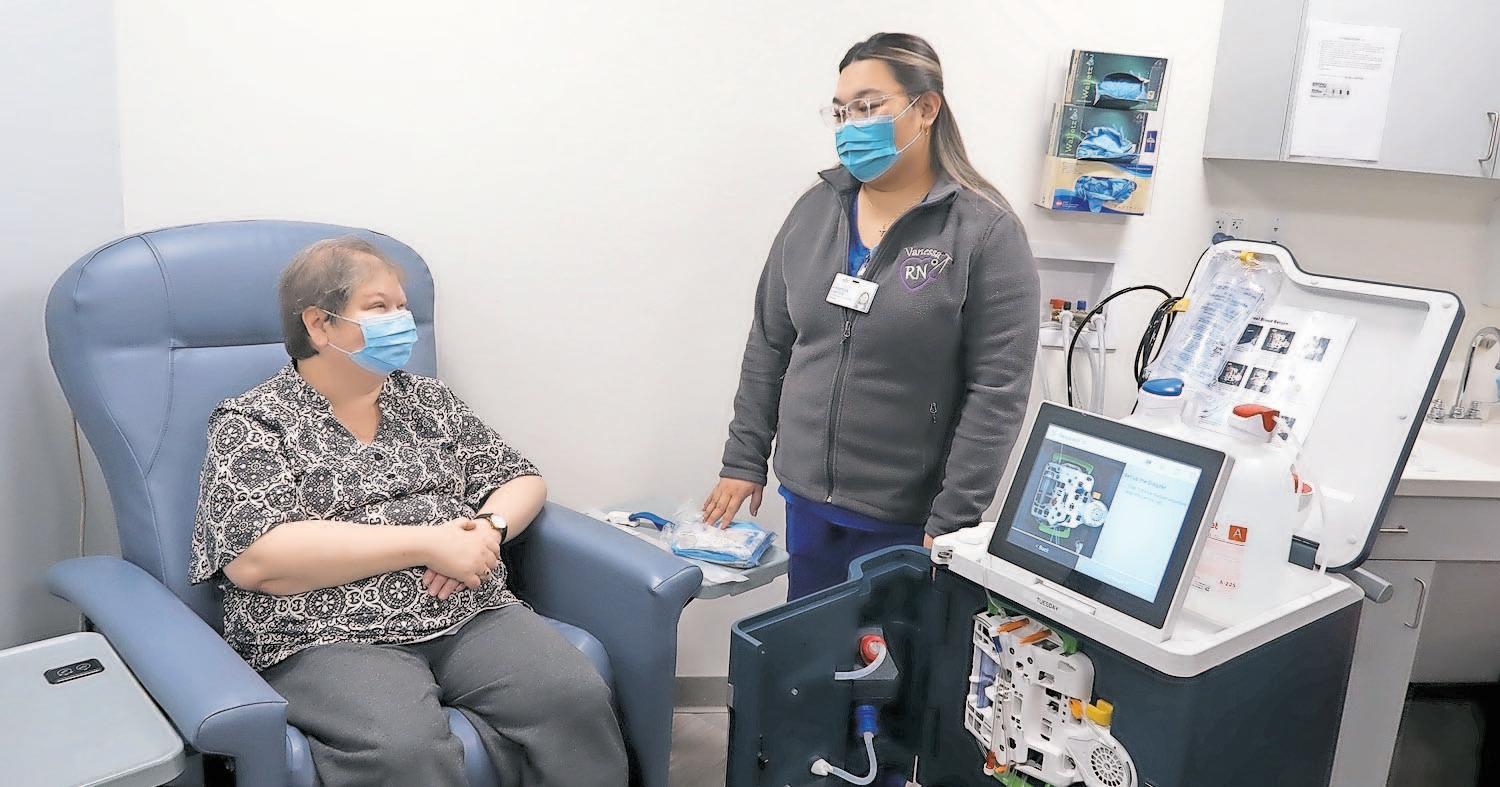
2 minute read
Help is available to prevent and treat mental illnesses
Do you know someone who is experiencing mental health issues? If so, you are not alone.
Especially in the post-COVID-19 era, mental illnesses are on the rise—yet it is not always easy to find treatment.
One in five adults and one in seven children in this country have at least one treatable mental health disorder, yet fewer than half receive the care they need, according to the U.S. Substance Abuse and Mental Health Services Administration (SAMHSA).
“Untreated mental illness can result in social isolation, unemployment, disability, substance abuse, homelessness, unnecessary incarceration, and suicide,” said Michele Lucero, PsyD, Administrative Director of Behavioral Health at Mount Sinai South Nassau. “It affects not just individuals but families, schools, the workforce, and society.”
There are steps we all can take to help those in need, including challenging the stigma associated with seeking care, connecting those who are suffering with available resources, and respecting the value of every person in our communities. Identification: Individuals, families, employers, and school personnel should become familiar with early warning signs. Social withdrawal, increased substance use, anger outbursts, crying spells, excessive anxiety or sadness, changes in sleeping or eating habits, inability to handle daily tasks and stressors, poor work performance, and declining grades are all indicators of mental health symptoms.
Challenging Stigma: Many of those who are experiencing these issues do not discuss their symptoms due to feelings of shame or weakness. Society has fostered the attitude that mental disorders are somehow different from real, treatable health conditions. Nothing could be further from the truth. These conditions affect people of all ages, races, religions, and incomes. They are not the result of personal weakness and cannot be overcome through willpower or avoidance. Talking about mental health can normalize it and ensure that we take steps to care for ourselves and our loved ones.
Treatment and Support: There is a wide range of effective and available care for those suffering with mental health disorders. Between 70 and 90 percent of individuals who engage in treatment experience a significant reduction in symptoms and improved quality of life. Self-care is also crucial. Socializing, engaging in hobbies, physical exercise, healthy eating, and good sleep patterns are all effective ways to manage a wide range of mental health conditions.
Mount Sinai South Nassau has been providing mental health services to Nassau County residents for more than 50 years. The hospital is committed to providing the highest-quality treatment and support to children, adults, and families with a wide variety of symptoms and diagnoses, including anxiety, depression, attention-deficit/hyperactivity disorder, substance use disorders, and many more. We offer outpatient in-person and telehealth services in Baldwin and Hempstead; we accept a variety of payment options and use a sliding scale for those who are not insured. Treatment is provided in English and Spanish, as well as in more than 100 other languages via our interpreter services. Call us at 516-377-5400 for an appointment. For inpatient care, we have a 36-bed adult psychiatric unit at our main campus in Oceanside.
Mount Sinai South Nassau’s Community Education program and Vaxmobile partner with Behavioral Health to offer free depression screenings and free seminars such as, “The role of peer support in substance abuse treatment,” to be held Tuesday, May 30, at 2 pm at Oceanside Library.
Those in need of primary substance use treatment can contact our affiliate, Oceanside Counseling Center, at 516-766-6283. If you or someone you love is thinking about suicide or need immediate emotional support, dial or text 988 to connect to the Suicide and Crisis Lifeline.








